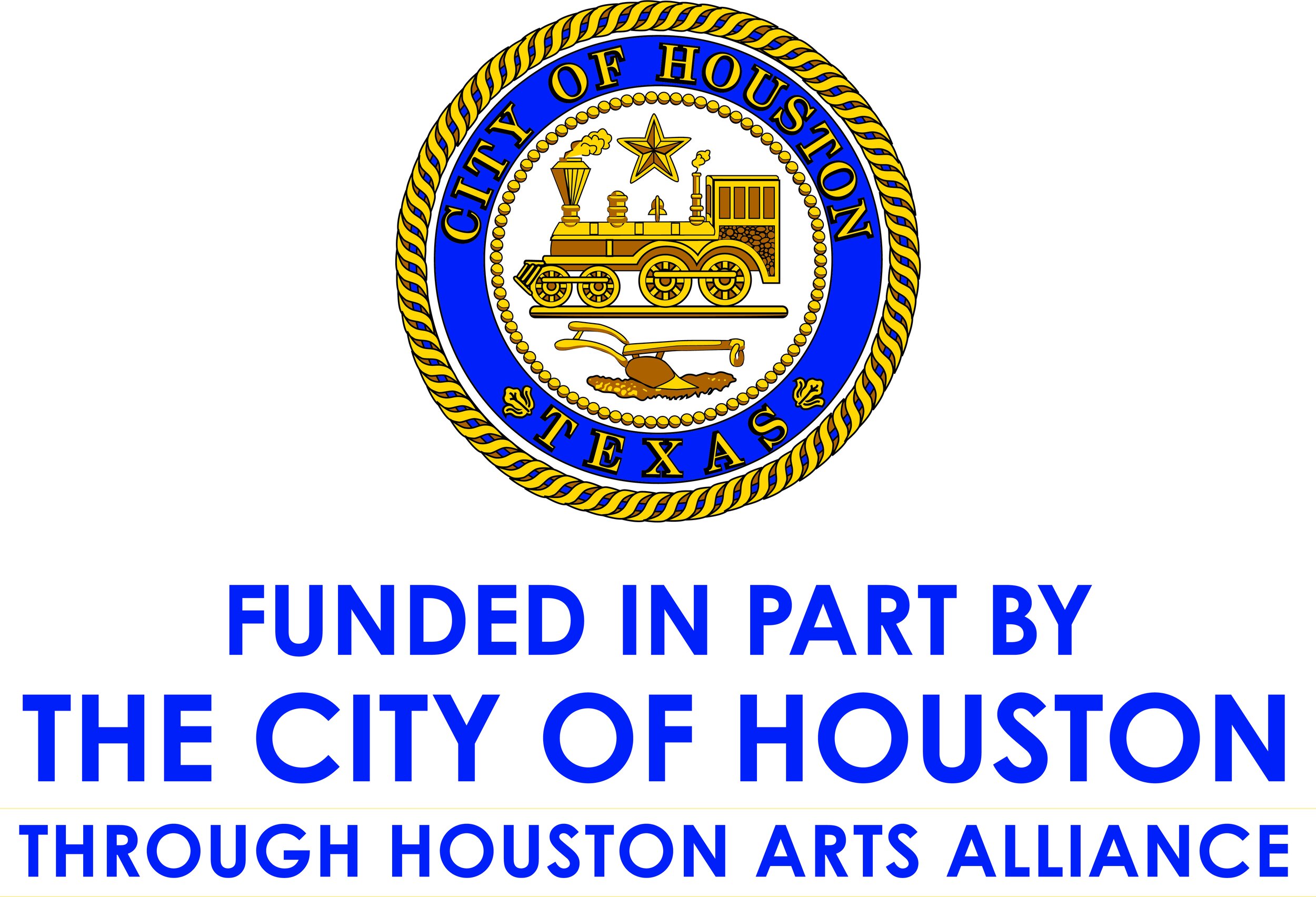Labor Day, Sept. 5--the unofficial end of summer--marks the date when voters start paying close attention to the presidential race. Labor Day is also the perfect time for a Houston history lesson that uncovers the similarities between then and now.
Yet, imagine if both presidential candidates could go back in time and replay past events. They might be surprised to learn how this wacky, one-of-a-kind presidential race to the White House resembles a few colorful slices in Houston history.
Here are three ways the presidential candidates and their political campaigns could borrow from our Texas forefathers.
1. Political candidates push empty promises.
Houston history shows that while promises often work, so do bribes.
Over the years, many different locations have served as capitals of the area that is now Texas.
In the 1830s, 16 towns competed for this important designation. Although the city of Houston only existed on paper, John Kirby Allen, a master salesman, and his brother waged a vigorous political campaign for their speculative town site that they wanted to name after Sam Houston, the leader of the Texas army.
On the fourth ballot, Allen successfully convinced two legislators to switch their electoral votes in exchange for desirable town lots across from the proposed Halls of Congress. Later, it was learned that Allen not only bribed them but also gifted Sam Houston with an entire block of land. Finally, the Allens sweetened their bid by promising to erect a capitol building at their own expense.
From 1837 to 1839, the city called Houston served as the capital.
2. Political campaigns run down to the wire.
In today's electoral college, just one state can tilt an election, the reason the political candidates are targeting fewer than a dozen battleground states. More than a century ago, a vote total with a razor-thin margin decided who won.
In 1837, Houston's first municipal election, attracted little political maneuvering. The first Houstonians were so busy clearing lots and building a place to live that they cast only 31 votes.
James Holman won the mayor's race by just one vote over Francis Lubbock, who later became governor of Texas.
3. Good friends forge unwavering support.
Oscar Holcombe was elected mayor of Houston in 11 non-consecutive terms from 1921 to 1958. He founded his own construction business, the O.F. Holcombe Company, at age 26. Holcombe's business acumen and contacts eventually made him a millionaire.
"The Old Gray Fox," as Holcombe was nicknamed, proved to be an unflappable campaigner who sometimes lost, but would rebound into office with an iron fist. This was particularly true when his political campaign had the support of a powerful group of movers and shakers, known informally as the "8F group" (named for their meetings in suite 8F of the Lamar Hotel). Made up of successful businessmen, including Jesse Jones, Gus Wortham, James Elkins, brothers George and Herman Brown, and James Abercrombie, these men greatly impacted decisions on every aspect of Houston's growth and development. 8F's support for its political candidate of choice could be crucial in election years.
Photo Credit: MSS240-34 and MSS157-52, Houston Public Library, HMRC.
HOUSTON HISTORY SHOWS JOHN ALLEN USED SHREWD POLITICAL CAMPAIGN STRATEGIES SIMILAR TO THIS YEAR'S PRESIDENTIAL RACE.
Between Labor Day and far beyond, The Heritage Society of Houston will tell the stories of Houston's history by giving a glimpse of who we are and how we came to be by highlighting what we choose to celebrate and our special take on them.
Explore Your Heritage
Enter your email address below to make sure you receive emails from The Heritage Society conveying our latest news, announcements of special events and celebrations, limited-time discounts, and more.
Don’t neglect your Heritage; sign up today!










